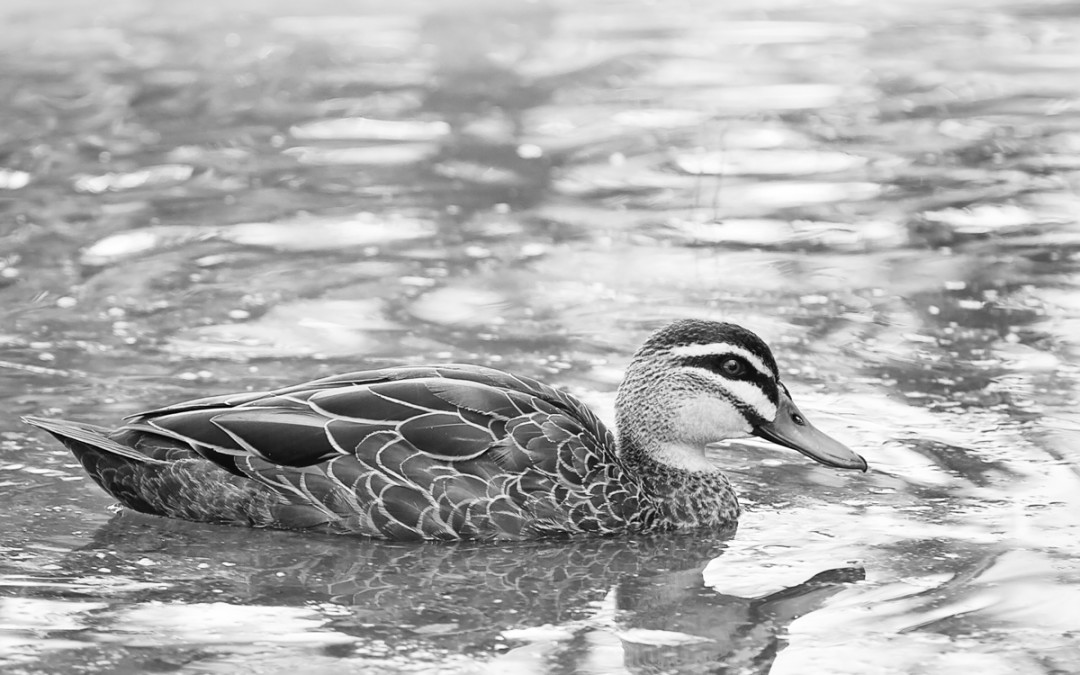“Duck”
Day 97 of 366 Day Project
“Magic is everywhere, explore & be amazed everyday!”
Whilst out exploring today I visited Jessica Park, which is situation on Nicklin Way, Minyama. Sitting quietly by the duck pond I watch the wildlife going about their day. Millions of tiny tadpoles scurried among the reeds, dragonflies hovered over the water lilies and water birds ferretted among the shallow waters for food. This little duck caught my eye so I sat watching him for a while.
Ducks are often the most familiar types of birds to many experienced bird watchers, but majority of people, myself included, may not know just how unique these birds are.
Here’s some interesting duck trivia
- All types of ducks are part of the bird family Anatidae, and there are species of ducks found worldwide on every continent except Antarctica.
- A baby duck is called a duckling, and an adult male is a drake. The adult female is called a hen or a duck whilst groups of ducks are called a raft, team or paddling.
- All ducks have highly waterproof feathers as a result of an intricate feather structure and a waxy coating that is spread on each feather while preening. A duck’s feathers are so waterproof that even when the duck dives underwater, its downy under layer of feathers will stay completely dry.
- Ducks are precocial, which means that ducklings are covered with down and able to walk and leave the nest just a few hours after hatching.
- A hen will lead her ducklings up to a half-mile or more over land after hatching in order to find a suitable water source for swimming and feeding.
- Ducks are opportunistic eaters and will eat grass, aquatic plants, insects, seeds, fruit, fish, crustaceans and other types of food.
- Their bill is specialised to help it forage in mud and to strain food from the water. A hard nail at the tip of the bill helps with foraging, and a comb-like structure on the sides of the bill strains small insects and crustaceans from water.
WHAT…male ducks are silent and very few actually “quack.” Instead, their calls may include squeaks, grunts, groans, chirps, whistles, brays and growls.
The Mandarin ducks mate for life and sadly die of loneliness if separated from their chosen mate.
So there you have it…interesting hey?




Recent Comments